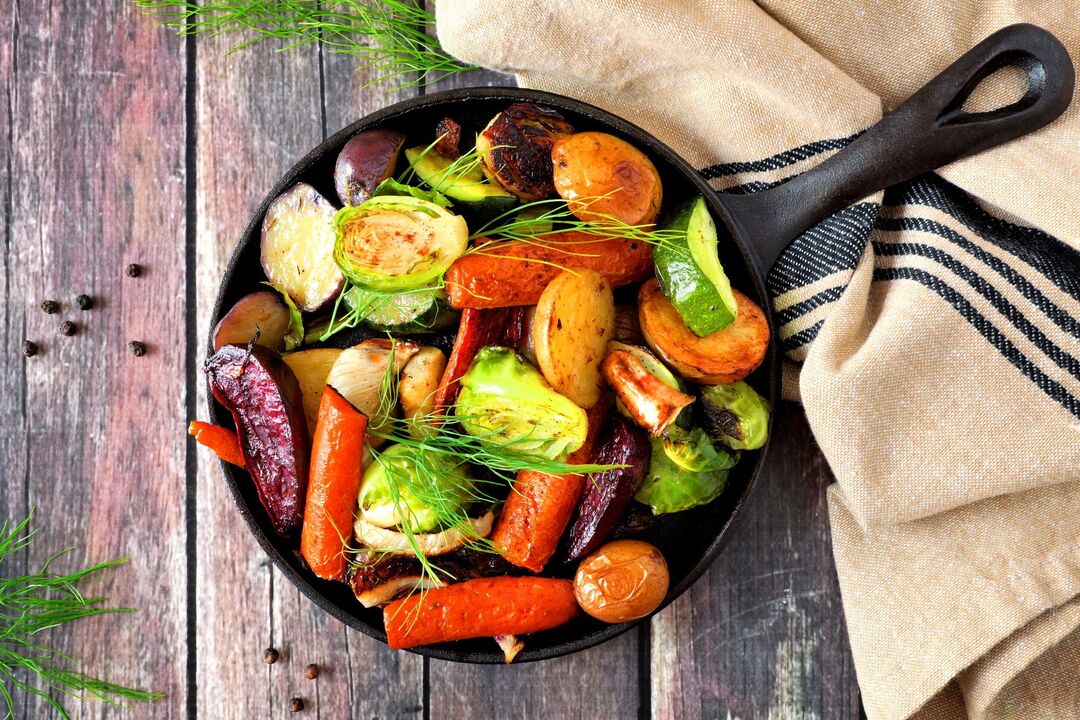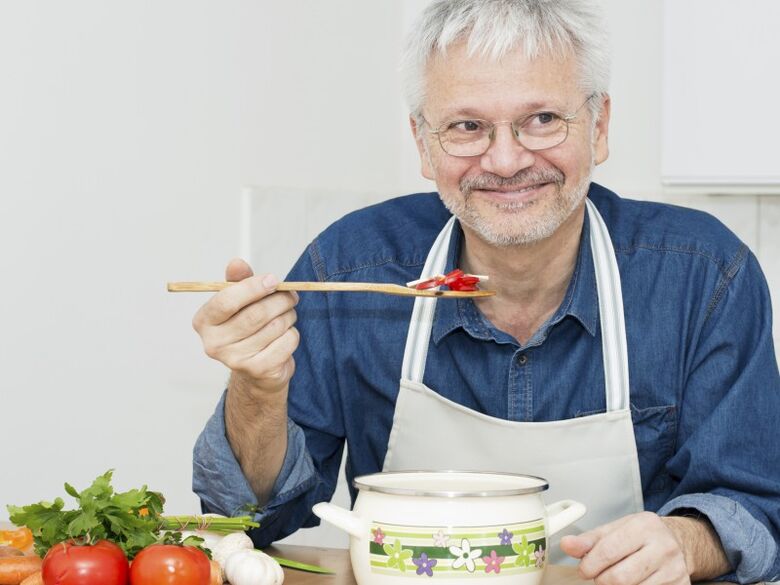
Prostatitis and adenoma - brief information
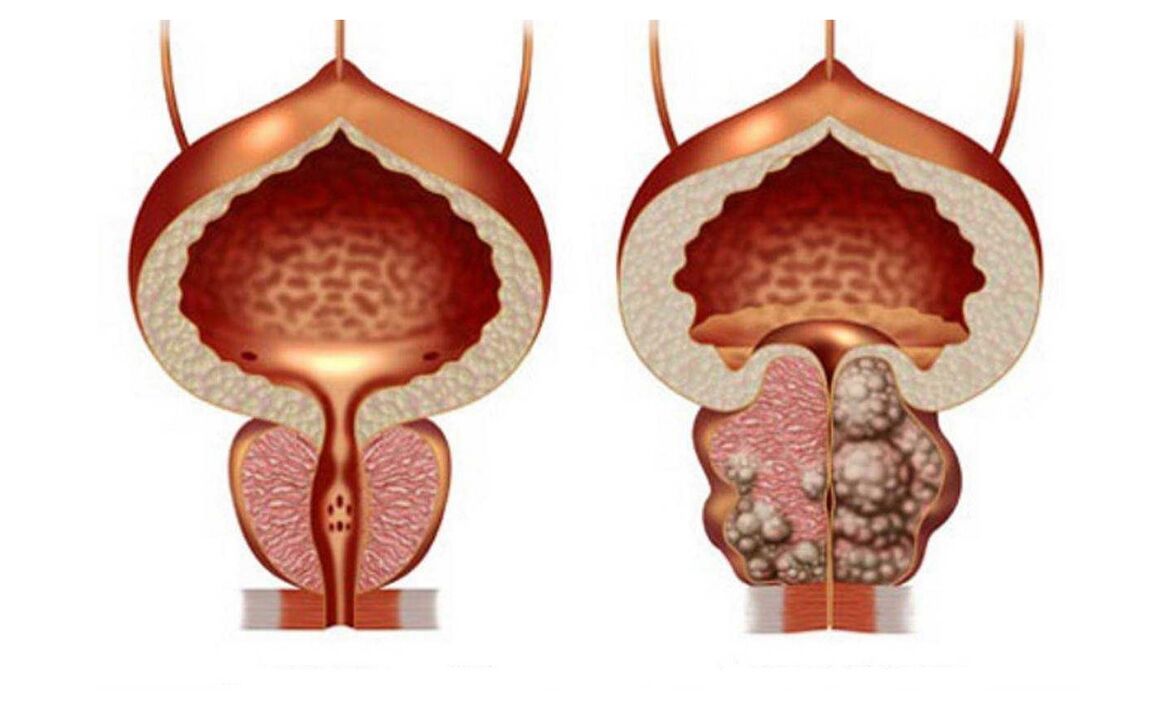
The nature of diet
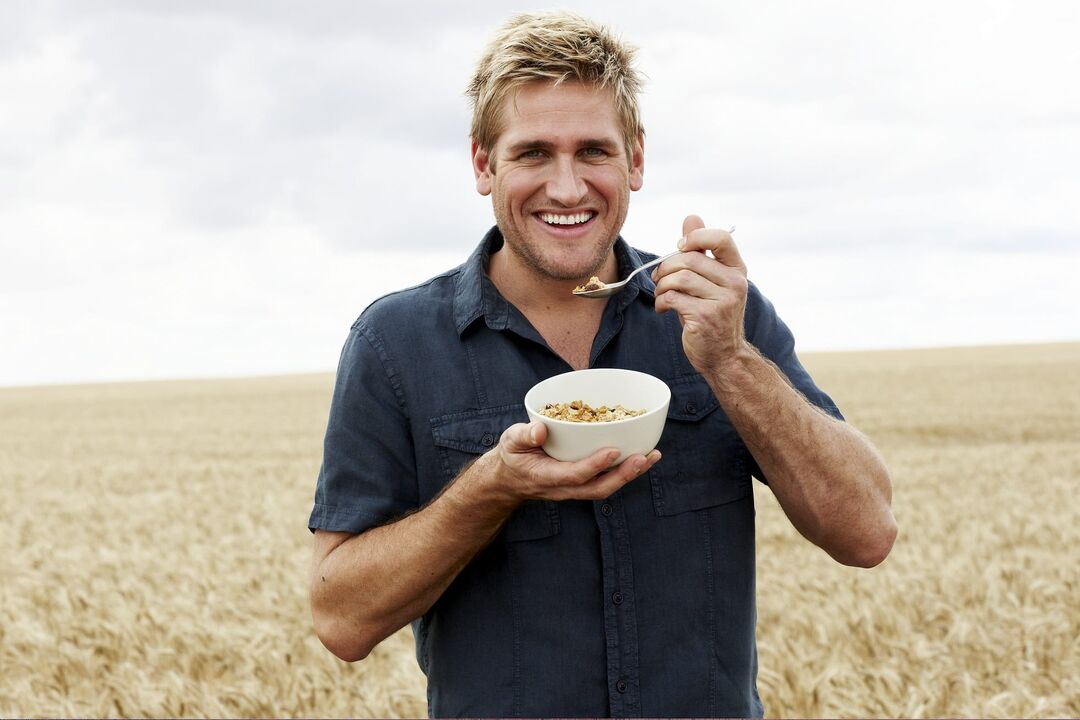
benefits of diet
doctor's advice
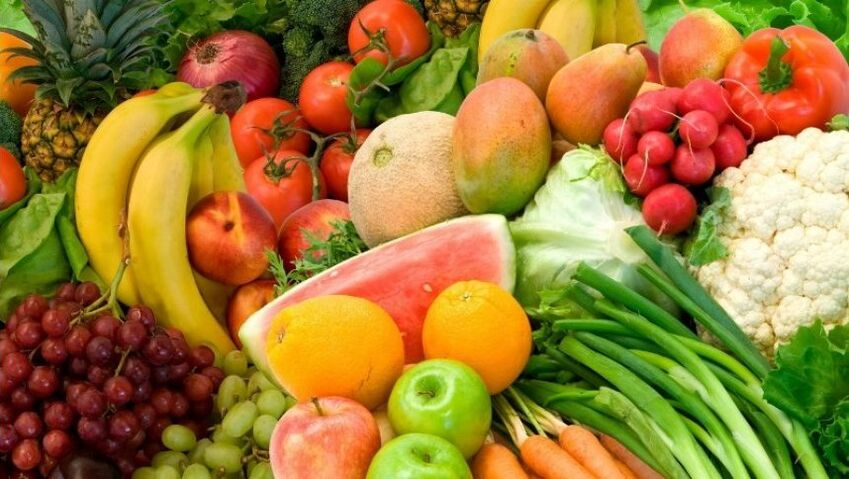
- Table 7 was developed by Soviet scientist Pevzina specifically for people suffering from kidney disease. The reason for this ratio of the two diets is that prostatitis and kidney disease often appear as accompanying diseases, so it is necessary to relieve them as much as possible and give them a rest.
- For infectious diseases, Table 13 is considered most appropriate since prostatitis is usually caused by bacteria. Therefore, if the function of the immune system is increased as much as possible, the body will fight the disease independently through internal forces and not just with the help of drugs.
- Table 14 can help patients with urolithiasis disease because the bladder is adjacent to the prostate. Bladder treatment usually causes the prostate to start working normally.
- For the exacerbation of chronic diseases, a special diet chart 15 is used, however, it is not necessary to adhere to a special dietary regimen.
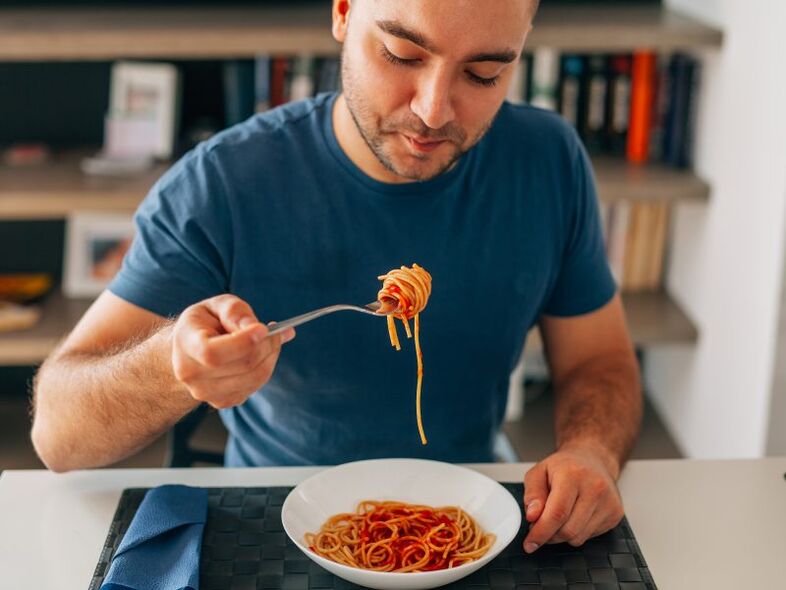
dietary rules
- You should not drink water directly during meals as this will promote increased gastric juice production, impairing the natural digestive process. It is recommended to drink it 20 minutes after a meal.
- Drinking water before bed is also not allowed as this forces the kidneys and bladder, which should be resting, to work during the night.
- Under no circumstances should you overeat, as this can easily disrupt the balance of food processing. This causes your metabolism to slow down, which can lead to fat deposits and excess weight. Therefore, obesity can have a negative impact on prostate function. This is why it is necessary to stick to graded nutrition in small portions.
- It is recommended to consume small amounts of gas-producing foods. Legumes, sugary carbonated drinks and beer should be banned.
- It is best to serve hot dishes to prevent overheating.
- Fried foods should not be included in the diet of patients with prostate adenoma. Prostate adenoma reacts positively only to boiled, stewed, baked and steamed foods.
- The main focus of food should be on foods that are rich in protein and fiber and contain little in the way of fast carbohydrates or fats. It is best to choose plant foods containing vitamins B6, C, lutein and beta-carotene.
Authorized products
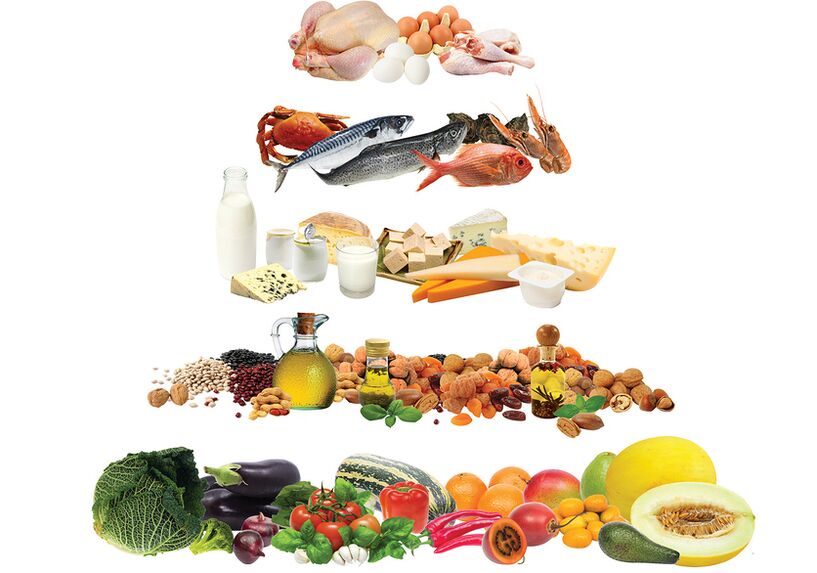
- Lean meats and poultry - veal, rabbit, lean pork, chicken, turkey. It is recommended to eat small amounts of waterfowl (ducks, geese) during remission.
- Fish is also limited to low-fat varieties. Salmon, carp, and silver carp are worth holding on to for a while.
- Dairy and cultured milk products - sour cream, butter, unleavened cheese, milk, cultured baked milk, kefir. Cheese is also allowed, but in smaller quantities.
- As for eggs, it's best to stick to chicken and quail.
- Cereals, as well as pasta, are not restricted except for semolina. Baked goods are allowed but are best consumed in small amounts.
- Any fruits and vegetables are allowed except those on the restricted list - potatoes, onions, turnips, garlic, radishes.
- It is better to choose Siberian berries - cloudberries, blueberries, cranberries. You can also eat blueberries or raspberries if desired.
Disable product
- Any high-fat food, as well as fats from animal sources - lard, lard, fatty meats and red meat - can trigger the development of this disease.
- You cannot eat products that have been previously industrially processed. Avoid fried, smoked, pickled, pickled and spicy foods.
- The diet should not contain canned food or semi-finished products.
- Alcohol and sweetened carbonated drinks should also be excluded, as they cause swelling of the urethral mucosa, which negatively affects the course of treatment and may cause recurrence.
drinking habits
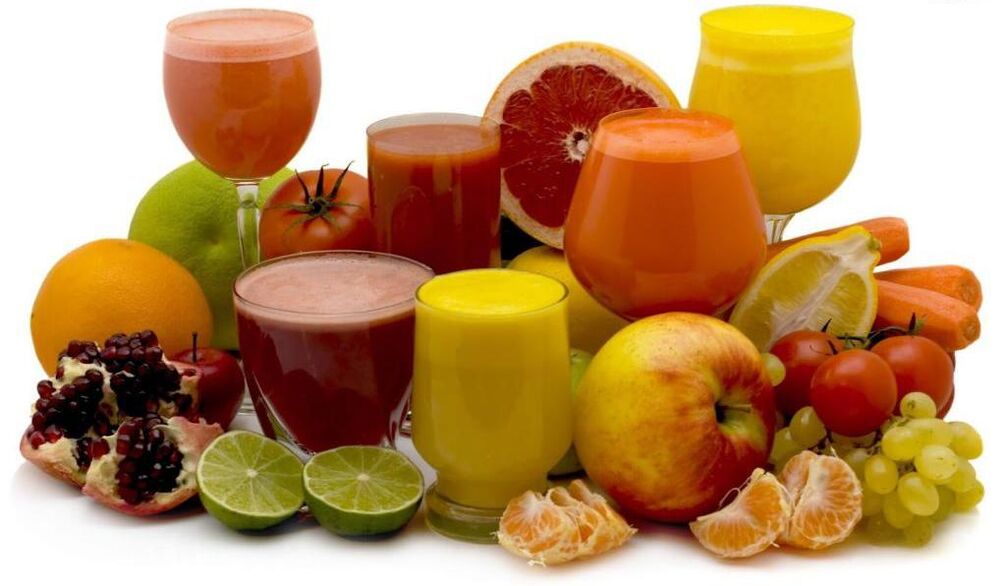
Menu creation
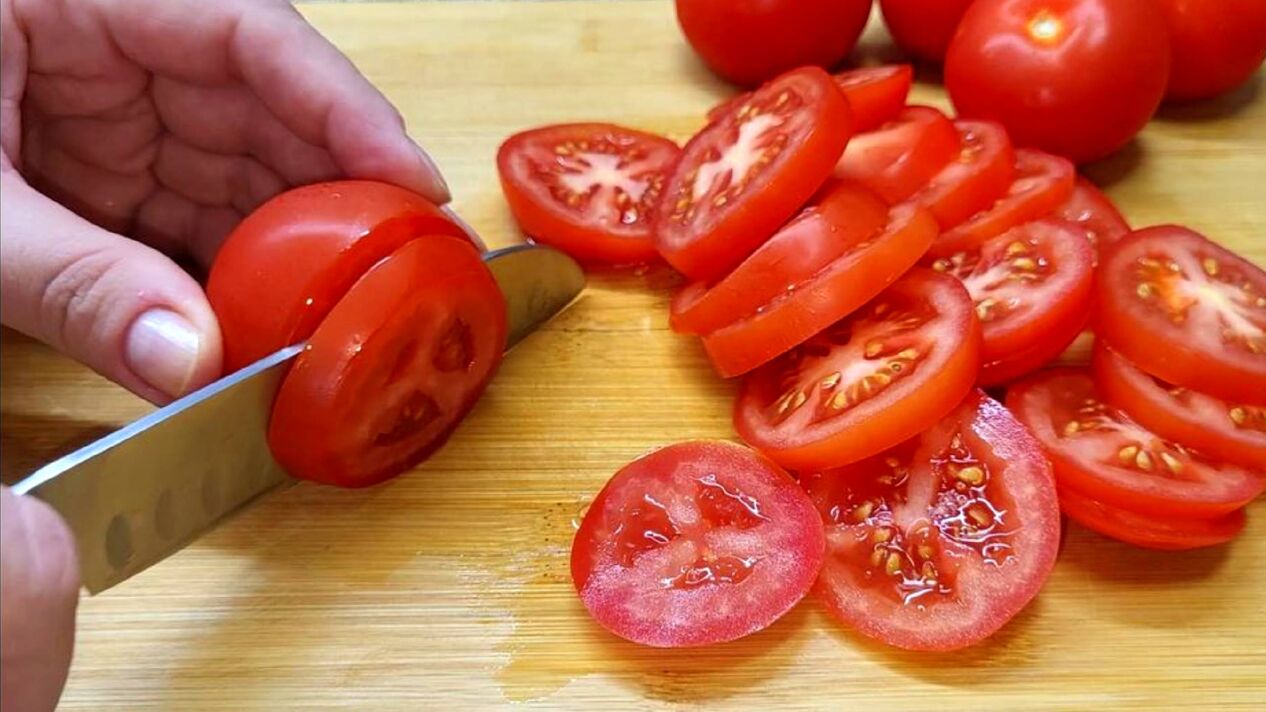
breakfast
Lunch
dinner
Afternoon tea snacks
dinner
